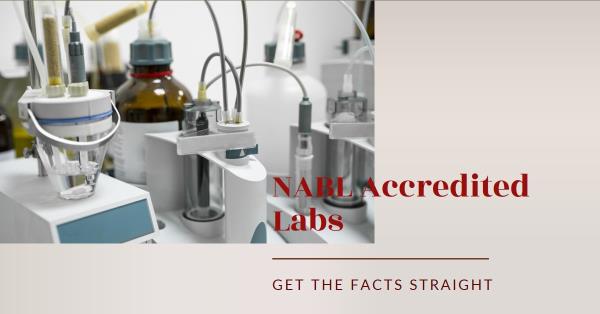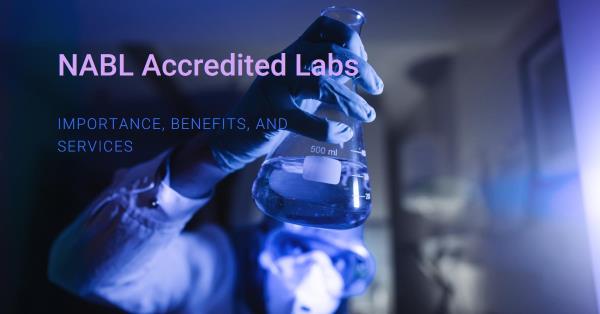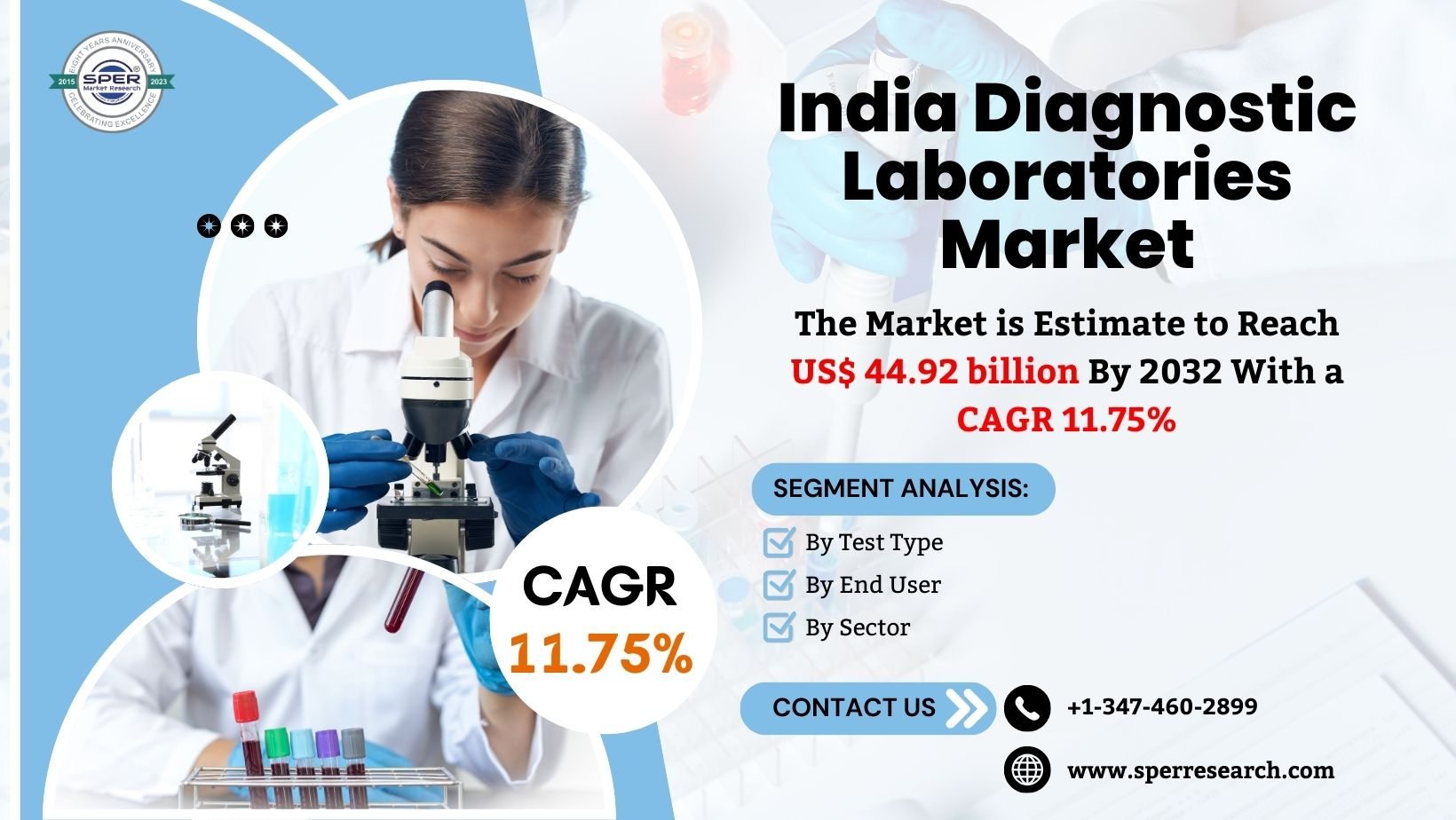Introduction: Why NABL Accreditation Matters
In today’s world, where quality and precision are paramount, it is essential to ensure that the tests and diagnostics you rely on are conducted by credible, certified laboratories. NABL (National Accreditation Board for Testing and Calibration Laboratories) accreditation serves as a benchmark of excellence, validating that a laboratory meets stringent national and international standards. Whether you are a patient seeking accurate medical diagnostics, a business requiring quality testing for products, or an organization in need of calibration services, choosing a NABL accredited laboratory can make all the difference.
This article delves into what NABL accreditation means, why it is essential, and how it ensures reliability and trustworthiness in various sectors. We will also explore the accreditation process, key benefits, and industries that leverage NABL accredited laboratories to maintain high standards of quality.
What is NABL Accreditation?
NABL is an autonomous body under the Department of Science and Technology, Government of India. Its primary function is to provide accreditation to laboratories that perform tests and calibrations in accordance with ISO/IEC 17025:2017 and other related standards. NABL accreditation signifies that a laboratory is competent to carry out specific tests, calibrations, and measurements with precision, ensuring the highest level of quality and reliability.
For laboratories, achieving NABL accreditation is a rigorous process that involves a comprehensive evaluation of their technical capabilities, personnel competence, quality management systems, and compliance with national and international regulations. This certification is not just a badge of honor but a guarantee of excellence that businesses, healthcare providers, and government agencies can trust.
The Accreditation Process: Steps to Achieving NABL Certification
Becoming a NABL accredited laboratory involves several key steps that ensure thorough evaluation and compliance. These include:
- Application and Document Review: Laboratories applying for NABL accreditation must submit detailed documentation outlining their operational procedures, quality management systems, and technical competencies. NABL reviews these documents to ensure compliance with relevant standards like ISO/IEC 17025:2017.
- Pre-assessment: A preliminary evaluation is conducted to identify potential gaps in compliance, allowing laboratories to address these issues before the full assessment.
- On-site Assessment: A team of NABL assessors visits the laboratory to evaluate its infrastructure, personnel, equipment, and processes. They perform a thorough inspection of the laboratory’s capabilities, including testing methods, calibration practices, and adherence to quality control standards.
- Evaluation of Competency: The laboratory’s staff, including technicians and scientists, are assessed for competency and adherence to standard procedures. The assessors also evaluate the accuracy and reliability of the lab’s testing and calibration data.
- Accreditation Decision: Based on the assessment findings, NABL grants accreditation if the laboratory meets all the requirements. Accreditation is awarded for specific testing or calibration capabilities, meaning the laboratory must adhere to these standards to retain its certification.
- Surveillance and Renewal: NABL conducts periodic surveillance visits to ensure ongoing compliance. Laboratories are also required to renew their accreditation every two years to maintain their certified status.
Benefits of Choosing a NABL Accredited Laboratory
Opting for NABL accredited laboratories provides several advantages to both individuals and businesses, particularly in fields where accuracy and compliance are critical.
1. Accuracy and Reliability of Results
NABL accredited laboratories adhere to stringent quality control standards, ensuring that test results are both accurate and reliable. This is crucial in medical diagnostics, where patients’ health outcomes depend on precise test results, as well as in industries like pharmaceuticals, where product quality and safety are paramount.
2. Global Recognition
NABL is a signatory to Mutual Recognition Arrangements (MRA) with international accreditation bodies, including the International Laboratory Accreditation Cooperation (ILAC). This means that NABL accredited laboratories are recognized globally, enhancing trust and credibility in international markets.
3. Regulatory Compliance
Many industries, such as pharmaceuticals, food and beverages, and construction, require compliance with regulatory standards. NABL accredited laboratories help businesses meet these requirements, reducing the risk of non-compliance, legal issues, and product recalls.
4. Improved Competitiveness
For businesses, partnering with NABL accredited laboratories can provide a competitive edge. It demonstrates a commitment to quality and compliance, which can improve customer confidence and enhance brand reputation. Moreover, many government tenders and contracts require testing to be performed in accredited labs, making certification a valuable asset for bidding on such projects.
5. Reduced Risk
Using NABL accredited laboratories minimizes the risk of errors, re-tests, and misinterpretations of data. This is particularly beneficial for industries like healthcare and manufacturing, where even minor inaccuracies can lead to significant financial losses or risks to human safety.
Industries That Rely on NABL Accredited Laboratories
NABL accreditation is applicable across a wide range of industries where precise testing, calibration, and compliance are essential. Some of the key sectors include:
- Healthcare and Medical Diagnostics: Hospitals, clinics, and diagnostic centers rely on NABL accredited labs for accurate medical testing, including blood tests, imaging, and other diagnostics that guide patient treatment.
- Pharmaceuticals: NABL accredited labs are essential for quality control, ensuring that medicines are safe, effective, and compliant with regulatory standards.
- Food and Agriculture: Testing food products for safety and quality is critical in the food industry, and NABL accredited laboratories help ensure that products meet national and international safety standards.
- Construction and Engineering: NABL accredited laboratories conduct material testing, environmental testing, and calibration of construction equipment, which is essential for ensuring the safety and durability of infrastructure projects.
- Automotive and Aerospace: These industries require precise calibration of equipment and testing of materials for performance and safety. NABL accredited laboratories help meet these stringent requirements, ensuring that vehicles and aircraft are safe for use.
Why NABL Accreditation is Important for Healthcare Diagnostics
In the medical field, NABL accreditation is particularly crucial, as accurate diagnostics are the foundation of effective treatment. For patients undergoing diagnostic tests—whether it’s for routine bloodwork, advanced imaging, or genetic testing—choosing a NABL accredited laboratory ensures that they receive reliable results they can trust.
NABL accreditation reassures patients and healthcare providers alike that the diagnostic procedures adhere to the highest standards of accuracy and quality. This is especially important in situations where precise diagnostics can lead to life-saving treatment decisions.
Frequently Asked Questions (FAQs)
1. What does it mean for a laboratory to be NABL accredited? NABL accreditation means that the laboratory has been certified to meet the stringent testing, calibration, and quality management standards required by ISO/IEC 17025:2017. This certification ensures accuracy, reliability, and compliance with national and international regulations.
2. How can I verify if a laboratory is NABL accredited? You can check if a laboratory is NABL accredited by visiting the official NABL website and searching for the laboratory in their accredited labs directory.
3. Why is NABL accreditation important for medical diagnostics? NABL accreditation is critical for medical diagnostics because it guarantees that the lab follows strict quality control measures, ensuring that test results are accurate, reliable, and adhere to national and international standards.
4. How does NABL accreditation benefit industries like pharmaceuticals and construction? In industries like pharmaceuticals and construction, NABL accreditation helps ensure regulatory compliance, product safety, and precision in testing and calibration, reducing the risk of errors and enhancing overall quality.
5. How long does the NABL accreditation process take? The NABL accreditation process typically takes several months, including application review, on-site assessments, and corrective actions. Laboratories must also undergo periodic reviews to maintain their accreditation status.
Conclusion: Is Your Testing Lab NABL Accredited?
NABL accredited laboratories are the gold standard in testing and calibration across various industries. By choosing a NABL accredited lab, you ensure that your tests, whether for healthcare diagnostics or product quality, are performed with the highest level of accuracy and reliability. Does your chosen laboratory meet NABL accreditation standards?
Also know CT Scan Centres in Bangalore: Find the Best Diagnostic Centres








